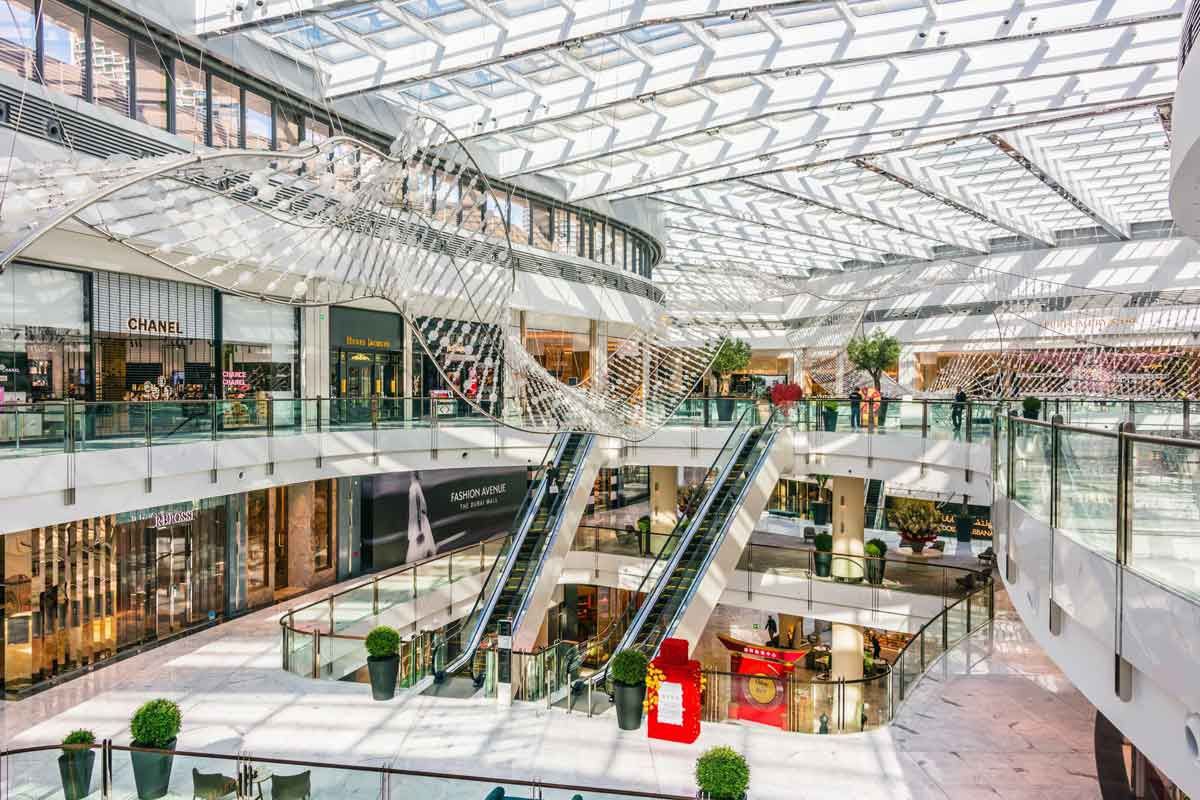One of thousands of candidates laying out his vision for the future of the country this weekend was Francois Compaore, the younger brother of Burkina Faso’s president.
More than 3,000 candidates vied for 127 seats in the National Assembly, and more than 18,000 municipal officials will be elected.
Parliamentary elections take place every five years in Burkina Faso, but in a first for the West African nation, Sunday’s vote was held with municipal elections.
The National Independent Electoral Commission has introduced a new biometric registration system. With the support of the U.N. Development Program and European donors, the new system has registered more than four-million new voters, nearly half of them women.
The commission also certified 7,000 domestic and 200 international observers, from organizations like the African Union and the Economic Community of West African states.
Despite efforts to ensure transparency, many opposition parties believe the system unfairly favors sitting President Blaise Compaore, whose Congress for Democracy and Progress holds a majority of National Assembly seats.
Norbert Tiendrebeogo, who leads the Social Forces Front opposition party, said, “We flatter ourselves when we say that this is a democratic process, but it is a biased process.”
In the case of neighboring Mali, he says, it was the same Europeans who had always congratulated Mali who were the first to say that its democracy was actually a façade.
Tiendrebeogo says everyone knows Burkina Faso is a façade of a democracy even if it is well polished. He says efforts must be made to go a little bit further in the fight against corruption.
This election is the first since Burkina Faso was rocked by anti-government protests last year, when student riots broke out and soldiers mutinied over unpaid wages. Shortly after, policeman and teachers joined the protests demanding better pay and working conditions.
President Compaore, who has been in power since 1987, was able to quell the protests by reorganizing his government, arresting protest leaders, and dismissing several-hundred soldiers.
Although Mr. Compaore is not on the ballot this year, political opponents such as Tiendrebeogo see this election as an opportunity to send a message to the ruling party and for opposition parties to gain momentum heading into the presidential elections scheduled for 2015.
He said the opposition does not have the means, but it has the human resources. He says even though they do not have vehicles, the people came out because they are aware of the need to change Burkina Faso.
Election results are expected to be announced Thursday.


















